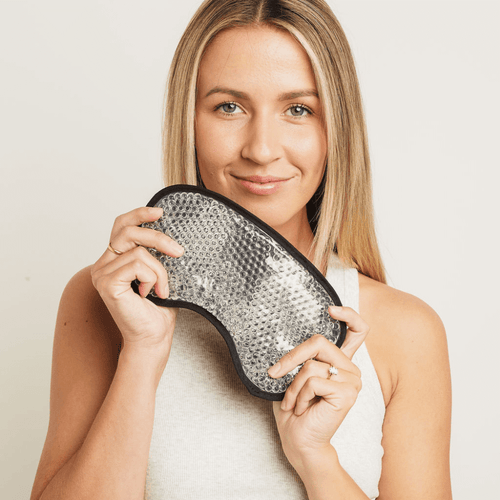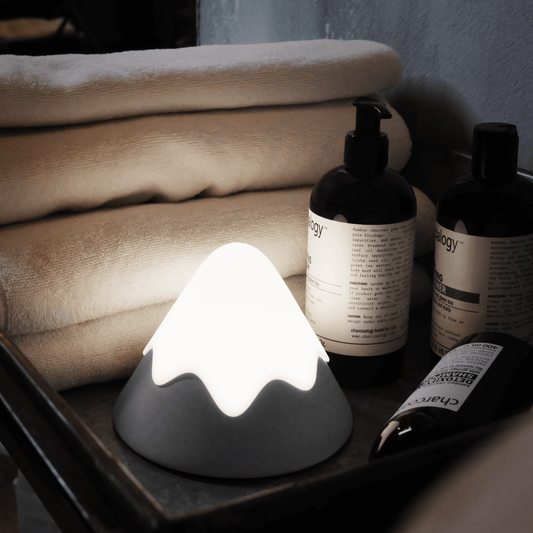Over two-thirds of people will sleep talk during their lifetime. Talking in your sleep is a parasomnia disorder called somniloquy, and experts aren’t exactly sure why it happens, said Dr. Kannan Ramar, professor of medicine at the Mayo Clinic in Rochester, Minnesota. “Some episodes of sleep talking can last 30 seconds and transpire only once in a blue moon while others report sleep talking for longer durations and more frequently within a sleep period,” said Rebecca Robbins, a sleep scientist at Brigham & Women’s Hospital and Instructor in Medicine at Harvard Medical School.
If you’re someone who talks in their sleep and you want to stop, there are a few things you can do. Below are five ways to stop talking in your sleep from Robbins and Ramar.

1) Keep a Sleep Diary
This could help identify any patterns around when you talk in your sleep such as during certain stages of sleep or if you're sleep-deprived, said Robbins. The diary could also reveal what you were eating or drinking before bed or if you were taking any medications that may have caused the somniloquy episode. “If after collecting data on yourself for 2-3 weeks nothing stands out, it is unlikely that any behavioral intervention would be effective,” she said. “In contrast, if after collecting this data you realise that nearly every night you go to bed later than usual or consume alcohol four hours before bedtime and on those nights you talk in your sleep—avoiding those behaviors may help reduce the frequency with which you talk in your sleep.”
2) Get Adequate Sleep
Excessive tiredness can increase the chances of talking during REM (rapid eye movement) cycles of sleep when dreams occur because people are less likely to have muscle paralysis during these periods if they are fatigued, explained Robbins. The average person needs seven to eight hours of nightly shuteye, according to the National Sleep Foundation. “As we become more rested our minds may wander less at night leading to less activation of the speech muscles and therefore less somniloquy,” she said. People who suffer from insomnia or other disorders that make it hard to stay asleep through the night may benefit from seeing a doctor for help with their sleeplessness, said Robbins.
3) Relax Before Bedtime
Taking some time to relax before hitting the hay could help quiet chatty sleeping patterns because people tend to fall asleep more quickly when they feel calm versus when they are stressed out, noted Robbins. Try reading a book or doing some light stretching before dozing off instead of working on your laptop up until the moment your head hits the pillow. Doing some deep breathing exercises could also quell nighttime yapping by helping lower blood pressure and heart rate as well as promote feelings of relaxation, explained Ramar.
4) Stick to a Regular Schedule
Going to bed and waking up at the same time each day will help promote healthy sleeping patterns which may prevent episodes of somniloquy from occurring as frequently, explained Robbins.
5) Seek Professional Help
If none of these self-help methods work and somniloquy is impacting your quality of life—consulting with a doctor who specialises in treating conditions that disrupt normal sleep patterns like parasomnias may be beneficial. Behavioral therapies like Cognitive Behavioral Therapy for Insomnia (CBT-I) may also help if the root cause is anxiety or stress related because these therapies can provide guidance on how to better manage those emotions which may lead to fewer cases of nighttime chit chat..
Do you talk in your sleep? If so, you're not alone—over two thirds of people will experience it at least once in their lifetime. While experts aren't entirely sure why it happens, there are a few things you can do to try and stop it from happening again.





















